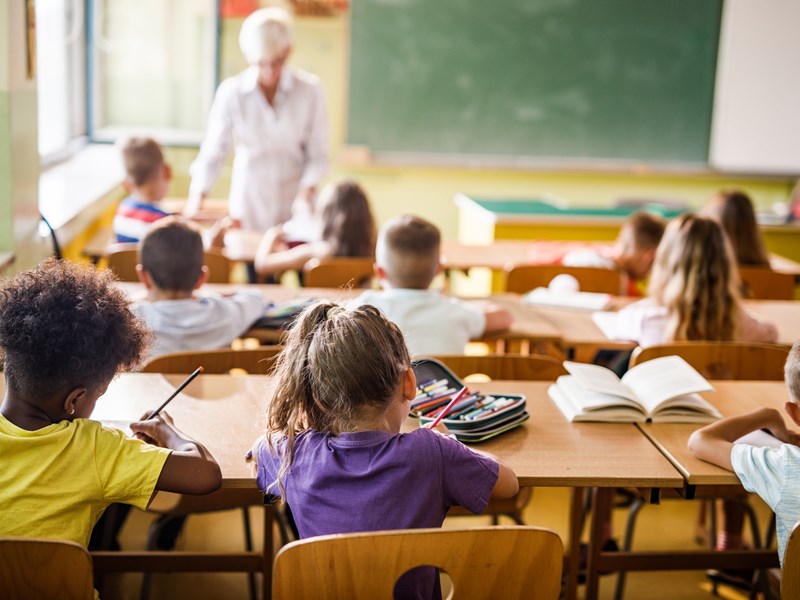Advocates for Basic Legal Equality, Inc. (ABLE) is a non-profit regional law firm that provides high quality legal assistance in civil matters to help eligible low-income individuals and groups in western Ohio achieve self reliance, and equal justice and economic opportunity.
Domestic Violence Survivors Have Rights for Children’s School Stability

Survivors escaping domestic violence have many concerns, but they do not need to worry about where their children will go to school or how they will get them there. Federal law protects school stability for children in their situations.
The federal McKinney-Vento Homeless Students Act is broader than you might think – both about who it helps and what it promises. Its definition of “homeless” public school children is broad. Protected children include those who lost housing because of domestic violence. Protected children might be staying in:
- Doubled-up situations with friends or family,
- Hotels or motels,
- Car, RV, street, or tent,
- Transitional or temporary housing, or
- Shelter
Help for Ongoing School Attendance and Activities
Under the law, public schools, both traditional districts and charter schools must actively help children continue to attend school. For most children, keeping them in the same school makes sense even if they fled to a different school district area or fled to a different close-by state. McKinney-Vento protects the child’s right to that “school of origin.” Schools must:
- Provide free school transportation for the child
- Waive fees for extracurricular activities
- Automatically provide free school meals (no new forms required)
- Excuse absences caused by loss of housing
If the family had to escape too far away for the child to keep going to the last school, parents can choose to enroll the child in the school where they are staying. Schools must:
- Enroll child the same or the next day
- Allow child to attend classes and enrichment programs immediately
- Enroll child without normally required paperwork
- Help get copies of paperwork that might have been left behind (immunization, birth certificates, past grades)
- Provide free school transportation, waive fees, provide free school meals, excuse absences caused by loss of housing
Homeless Student/McKinney-Vento Liaisons
Homeless Student/McKinney-Vento Liaisons provide help and make sure their school districts give transportation and other assistance. Every public school must have at least one. Even if the parent does not ask or use the word “homeless,” these Homeless Student/McKinney-Vento Liaisons must help school staff be on the lookout for any child who is in any of the unstable housing situations described above and offer help. Parents can ask their school districts how to contact the Homeless Student/McKinney-Vento Liaison, or contact the Ohio Department of Education and Workforce’s statewide Coordinator at 614-324-7646 or HomelessEducation@education.ohio.gov.
We advise parents to ask for help in writing. Emails work great for this! Don’t know what to write? We have a template letter that a parent can use in the Legal Aid Line Self-Help Center. It is also available in multiple languages.
Safety At School
Further, for children escaping or experiencing domestic violence, the public schools they attend must work with the parent to ensure safety. That can look like refusing to allow an abuser to contact children per a protective order, arranging for anonymous pick-up and drop-off locations for school buses, ensuring confidentiality of parent/child location, and helping the family to file copies of protective orders with the school.
What if Schools are Not Providing School Stability and Supports?
ABLE can help families if public schools are not providing school stability and supporting a child's needs while escaping domestic violence or after loss of housing for other reasons. See if you qualify for free legal services by calling Legal Aid Line at (888) 534-1432 or apply online at www.legalaidline.org.
